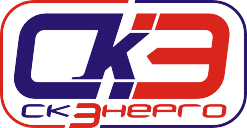OPC (Openness, Productivity & Collaboration) is implemented as an expansion of the COM (Component Object Model) communications interface and DCOM (Distributed COM) for the user software.
The basic principle of OPC is that OPC client applications communicate with the OPC server over a standardized, open and manufacturer-independent interface.
It is also possible to connect to OPC-capable Windows applications (Microsoft Office or HMI systems) that are already available on the market.
The following communications interfaces are available over OPC for PROFIBUS:
- DP communication for PROFIBUS DP
- DP-V0 Master Class 1 and Master Class 2
DP-V1 Master Class 1 and Master Class 2
PROFIdrive V3 interface for profile server - FMS communication for PROFIBUS FMS
- S7 communication
- Open communication (SEND/RECEIVE) based on the FDL interface
The OPC server offers:
- Data Access interface 2.05
- Alarm&Event interface 1.1
- OPC XML DA interface 1.0
- Integration of automation products of different manufacturers
- The same, easy-to-use user interface for different components
- Can be accessed from every computer in the LAN
- High-performance data access over the Custom Interface (C++, NET)
- Easy to use with the “Automation Interface“ (VB, NET) or the supplied OCX Data Control or .NET Data Control
- Grouping of variables (items); this way large quantities of data can be processed in a short time
- Other compilers can be used via the OPC server, however, the compiler must support the COM interface (Microsoft component model)


